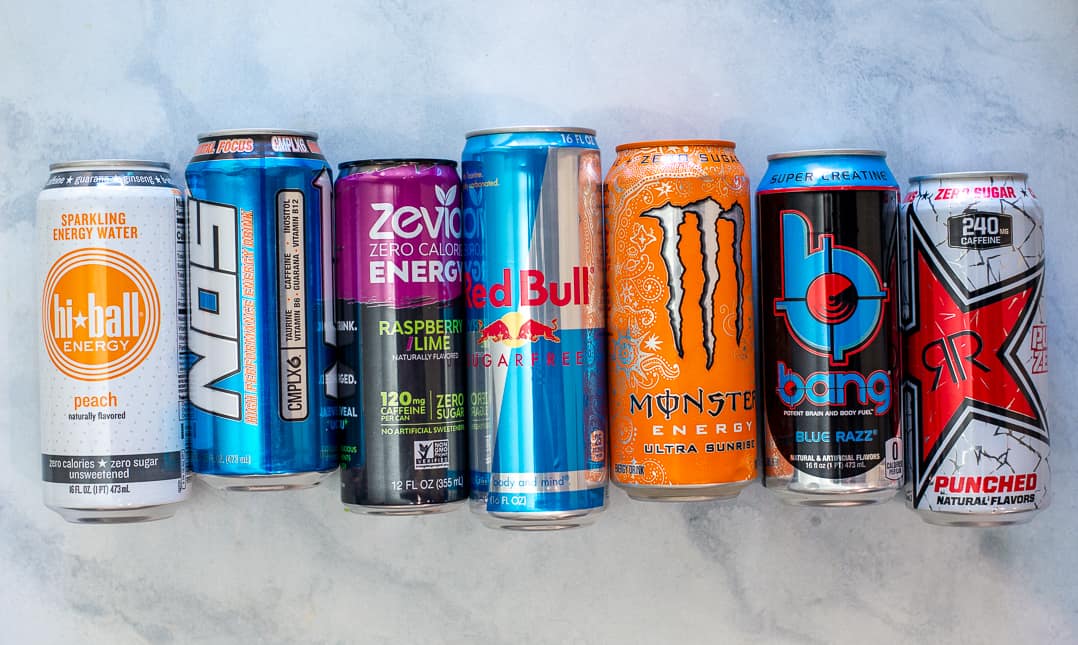
Usage Of Energy Drinks In Sports
Energy drinks have become very popular with those who train and are seeking a quick boost of energy and enhanced efficiency. These beverages typically contain caffeine, sugar, and other substances which help to boost the level of alertness, boost physical performance and reduce fatigue. But, there are risk factors that can be associated with the use of energy drinks for sports.
One of the major advantages of energy drinks is that they are a source of energy.
One of the most significant advantages of energy drinks is that they offer a rapid burst of energy. Caffeine is a common ingredient in these drinks, is a stimulant that can help to increase the alertness of people, increase focus and improve physical performance. In actual fact, several studies have shown that Focus Aid drink might increase endurance as well as strength and output in athletes.
The effects of alcohol and fatigue
Drinks that boost energy can also be useful for delaying fatigue during endurance or long-lasting sports events. Many of these beverages contain some form of caffeine, as well as other ingredients, such as carbohydrates and amino acids, which can help to maintain energy levels and boost the performance of athletes.
For example, carbohydrate-electrolyte solutions such as the red bull drink can help to replenish glycogen stores in the body and prevent dehydration, both of which are important for endurance sports.
It is important to note that energy drinks are not an all-purpose solution to improve sports performance. While they could offer some short-term benefits they’re not a replacement for a well-rounded exercise program and a balanced eating plan. Additionally, it’s crucial to be aware of the risks that could be associated with the consumption of energy drinks for the sport.
A potential danger is that energy drinks can contain high levels of caffeine and sugar. Consuming too much caffeine can produce negative side effects, such as jitters, anxiety, insomnia as well as an increased heart rate. A high intake of sugar may result in health issues such as weight gain tooth decay, plus an increased chance of type 2 diabetes.
Potential risk
Another reason to be concerned is that energy drinks can react with certain medicines and trigger serious adverse reactions. In particular, caffeine can be a problem with blood pressure medications and could increase the risk of a heart attack or stroke. It’s crucial to consult your doctor prior to using energy drinks if you’re taking any medication.
It’s also worth noting that energy drinks aren’t restricted in the same way as other beverages such as juices or soft drinks. It means that caffeine levels and other ingredients present in these beverages are subject to a wide range of variations. Some energy drinks might contain higher levels of caffeine than others, making it hard to gauge the amount you’re consuming.
In the end, energy drinks can provide an instant boost of energy and improve physical performance in athletics. However, it’s vital to be aware of the possible dangers associated when using these drinks, such as excessive sugar and caffeine levels, interactions with medications, and an absence of regulation. It’s always recommended to consult a healthcare provider before using energy drinks, particularly in the event of any existing medical conditions.

